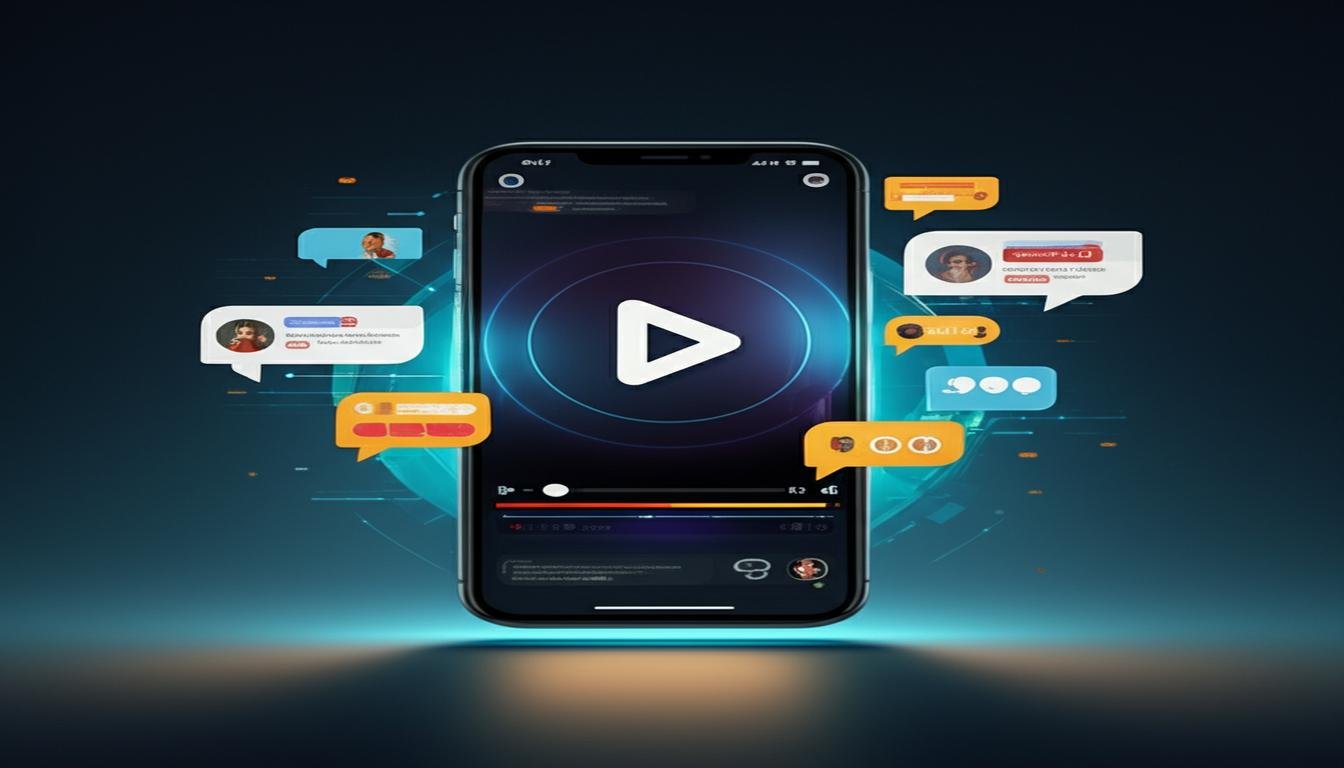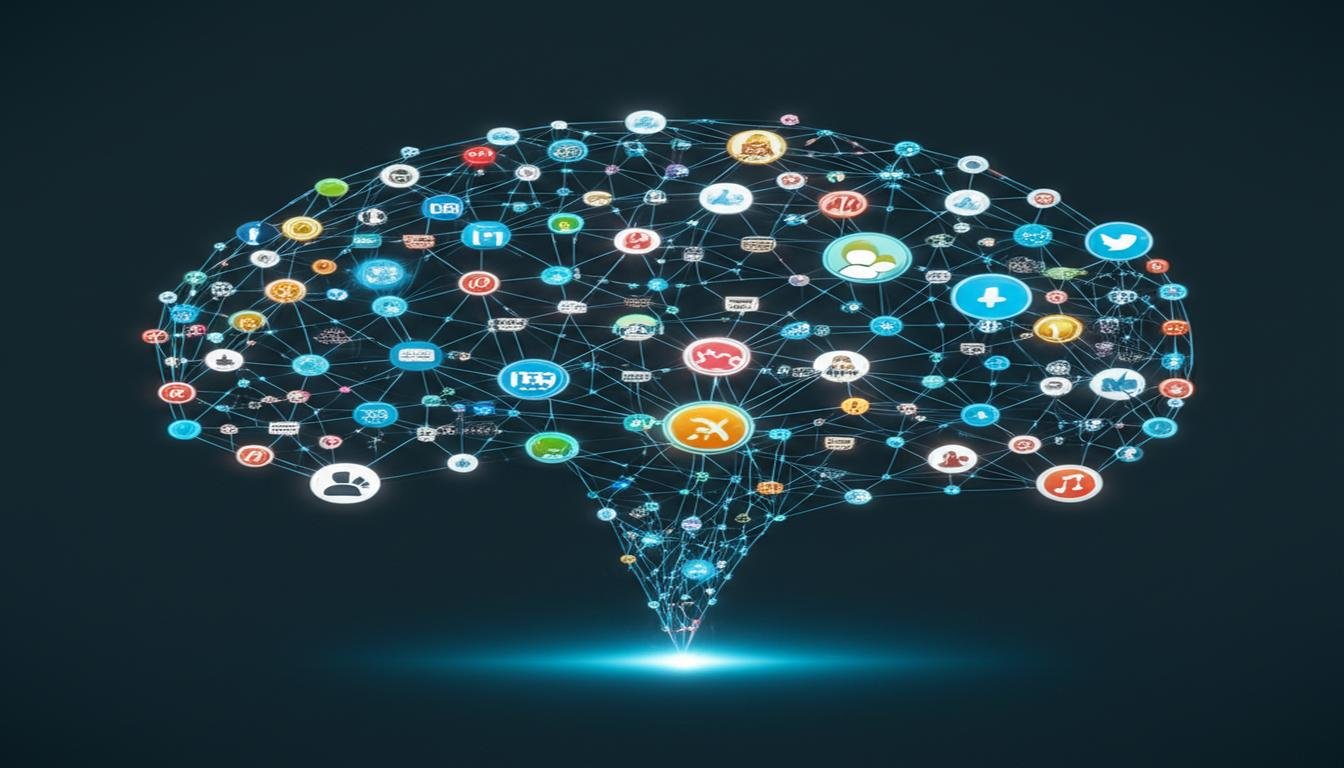Is AI Spying on You Through Your Smart Devices?
Ever get that creepy feeling your smart speaker just… listened in? Maybe you mentioned wanting a new coffee maker, and suddenly, ads for espresso machines pop up everywhere. You’re not alone. In a world full of smart devices, from your phone to your smart doorbell, it’s natural to wonder: is AI actually spying on you?
It’s a valid question, and one that taps into our deepest concerns about privacy in the digital age. Let’s cut through the noise and figure out what’s really happening with your connected gadgets and the artificial intelligence that powers them.
Understanding “Spying”: What Does It Really Mean?
It’s Not Always What You Think
When we hear “spying,” we often picture a person in a dark room, intently listening to your private conversations. While that makes for a good movie plot, it’s rarely how modern AI and smart devices operate. Instead, the reality is more about automated data collection and algorithmic analysis.
Your smart devices, whether it’s your voice assistant, smart TV, or even your fitness tracker, are designed to collect data. They do this to function, to improve their services, and yes, to help companies understand consumer behavior. So, while a human isn’t usually “listening in” on your every word, your data is being gathered and processed by powerful AI systems.
How Smart Devices Collect Your Data
These handy gadgets often need to collect information to work their magic. Here’s a look at some common culprits and how they gather data:
Voice Assistants and Microphones
- “Hey Alexa” or “Hey Google” moments: These devices are always “on” in a low-power mode, listening for their wake word. Once activated, they record your commands and conversations with the AI to fulfill your requests. Sometimes, small snippets might be recorded even without the wake word to improve accuracy.
- What they collect: Voice commands, audio snippets, conversation context, user preferences.
Smart Doorbells and Cameras
- Constant surveillance: Devices like Ring or Nest Cams continuously monitor for motion or sound. They capture video and audio of what happens around your home.
- What they collect: Video footage, audio recordings, motion detection data, timestamps.
Wearables and Health Trackers
- Your personal health journal: Smartwatches and fitness trackers monitor everything from your steps and heart rate to your sleep patterns and location.
- What they collect: Biometric data, activity levels, GPS location, sleep patterns.
Smart TVs and Browsing Habits
- Watching what you watch: Many smart TVs have “Automatic Content Recognition” (ACR) that tracks what you watch across different inputs and apps.
- What they collect: Viewing habits, app usage, IP address, device identifiers.
Is AI Analyzing Everything?
Absolutely. That’s the core of how these systems work. AI is fantastic at spotting patterns in massive amounts of data. It’s not necessarily looking for *you* specifically, but rather trends and insights that can:
- Improve services: By analyzing commands, AI can better understand accents, common phrases, and improve its responses.
- Personalize experiences: AI helps recommend shows you might like, suggest products based on your searches, or tailor news feeds to your interests.
- Target advertising: This is a big one. The data collected helps companies show you ads that are more likely to grab your attention. If you talk about wanting a new car, AI might infer you’re in the market and you’ll start seeing car ads.
Much of this data is often “anonymized” or “aggregated,” meaning it’s combined with data from many other users to hide individual identities. However, there’s always a debate about how truly anonymous this data remains.
The Privacy vs. Convenience Balancing Act
Let’s be real: smart devices are incredibly convenient. Being able to turn off your lights with a voice command or see who’s at your door when you’re not home is genuinely helpful. The catch? This convenience often comes at the cost of giving up some personal data.
It’s a continuous trade-off. We enjoy the benefits these devices offer, but we also need to be aware of the data footprint we’re leaving behind.
Practical Steps to Protect Your Privacy
You’re not powerless in this situation! Here are some actionable steps you can take to regain more control over your digital privacy:
Review Privacy Policies
Yes, they’re long and boring, but try to skim them. Understand what data a device collects and how it’s used before you buy or set it up. Many companies are making these easier to understand.
Adjust Settings Regularly
Dive into the settings of your smart devices, apps, and accounts (like Google, Amazon, Apple). Look for options to limit data collection, voice recording retention, or ad personalization. Turn off features you don’t need.
Limit Data Sharing
Many devices ask for permission to share data with third-party partners. Think twice before blindly agreeing. Less sharing means less potential for your data to spread.
Use Strong Passwords and Two-Factor Authentication (2FA)
This is basic but crucial. If someone gains unauthorized access to your device or account, your data becomes vulnerable. 2FA adds an extra layer of security.
Consider What You Really Need
Do you truly need a smart refrigerator? Each connected device adds to your data footprint. Be mindful of which “smart” features truly add value to your life.
Regularly Delete Data/History
Most voice assistants allow you to review and delete past voice recordings. Take advantage of this. Clear your browsing history and app usage data periodically.
The Future of Smart Device Privacy
As AI becomes more sophisticated and our homes get even smarter, the conversation around data privacy will only grow. Governments are starting to implement stronger data protection laws (like GDPR in Europe and CCPA in California), which empower users with more rights over their data.
Ultimately, it’s about informed choices. Understanding how your devices work and taking proactive steps to manage your privacy settings can help you enjoy the benefits of smart technology without feeling like you’re constantly being watched.
So, is AI spying on you? Not in the traditional sense. But it IS collecting, processing, and learning from your data. The power lies in your hands to manage what you share and how you protect your digital life.









